1. The Godfather (1972)
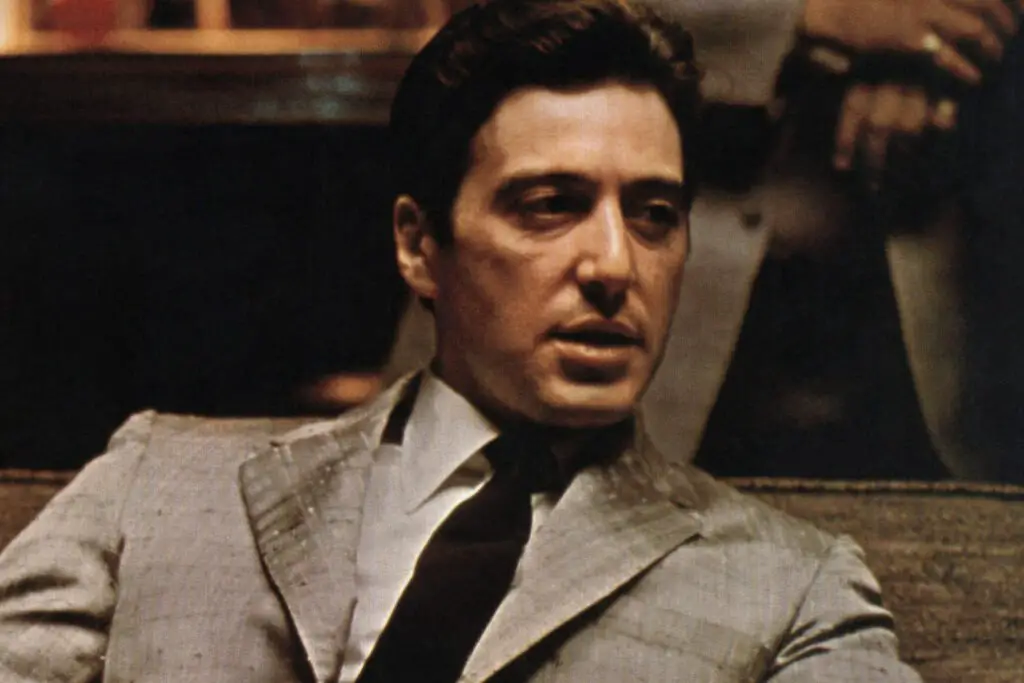
Francis Ford Coppola’s The Godfather wasn’t just a movie, it was a cultural moment. Before it came out, gangster films were more about shootouts and action than character depth, but this film gave audiences a layered story about family, loyalty, and power. Marlon Brando’s performance as Vito Corleone set a new bar for acting, while Al Pacino’s transformation from quiet son to ruthless boss showed how far storytelling could go. It gave organized crime a strangely human face, which was shocking at the time.
The film also proved that long, slow-burning dramas could still captivate audiences and dominate the box office. It changed the way studios saw risks, since Paramount wasn’t confident in Coppola at first, yet it became one of the most successful films ever. The movie’s artistry with lighting, dialogue, and pacing made it clear that Hollywood could treat crime stories as high art. Decades later, its influence is everywhere, from TV dramas to modern gangster films.
2. A Clockwork Orange (1971)
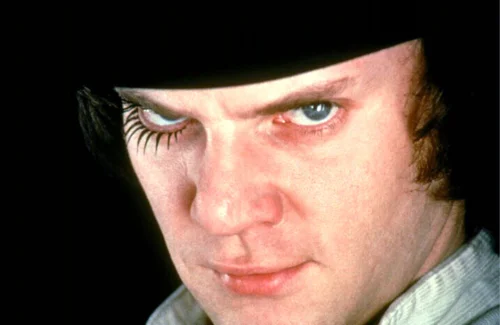
Stanley Kubrick’s A Clockwork Orange made waves for its unapologetic violence and unsettling take on free will. Audiences were divided, with some praising its daring vision and others deeply disturbed by its content. It questioned how far society should go in controlling human behavior, especially through government or science. The film was banned in several countries and even withdrawn in the UK for years because of copycat crimes.
Beyond the controversy, it forced viewers to confront uncomfortable questions about morality, choice, and punishment. Its stylized visuals and use of classical music in violent scenes created a new language for cinema. Kubrick pushed boundaries in a way that proved films could be both provocative and artistic at the same time. Hollywood had to reckon with the fact that audiences were ready for darker, more challenging material.
3. Jaws (1975)
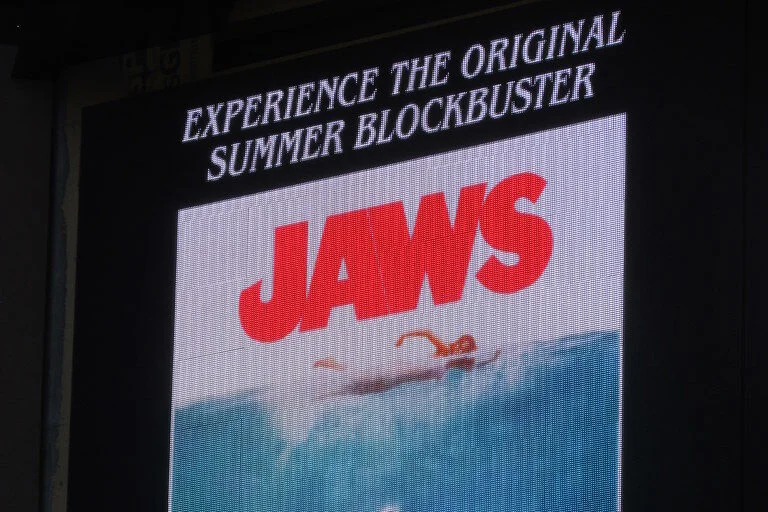
When Steven Spielberg released Jaws, it completely changed how movies were marketed and released. Instead of a slow rollout, the studio went for a nationwide summer release backed by massive TV advertising, and the result was the first modern blockbuster. The fear of sharks that spread after the movie was so strong it even impacted real-world beach attendance. The suspenseful score by John Williams became instantly iconic and showed how important music could be in shaping a movie’s mood.
The film also proved that horror and thriller genres could dominate the box office, not just prestige dramas. It inspired countless filmmakers to experiment with suspense and pacing in new ways. Hollywood studios suddenly realized the power of “event” films that drew in huge crowds. Without Jaws, the entire blockbuster model we know today might not exist.
4. Star Wars (1977)
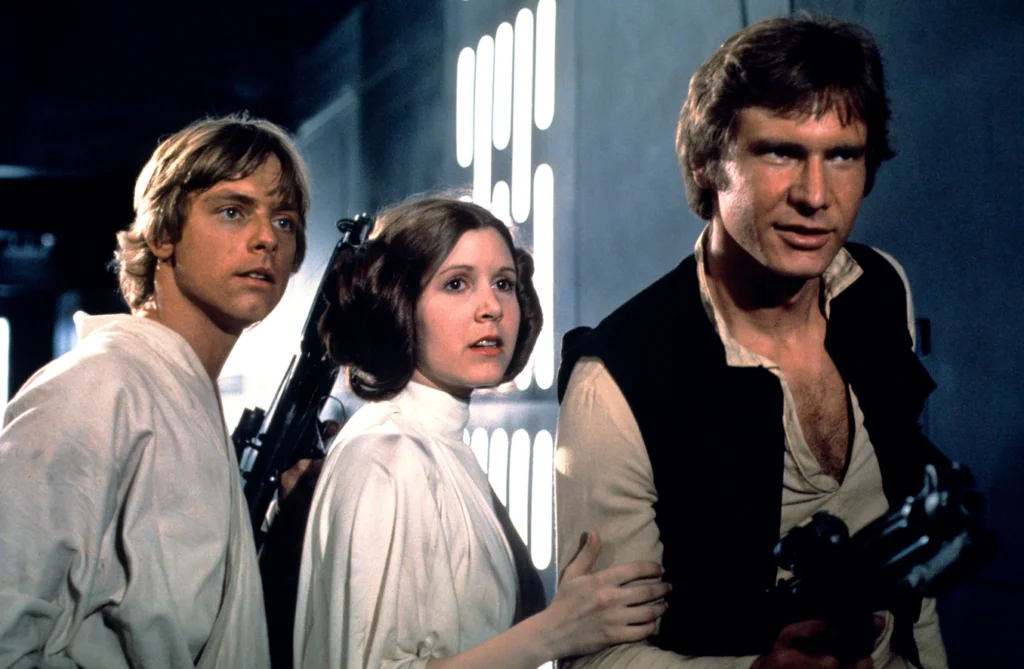
George Lucas’ Star Wars didn’t just entertain audiences, it created an entire cultural universe. Released when Hollywood was still focused on gritty realism, this space opera brought back a sense of myth, wonder, and pure imagination. It blended science fiction with adventure, fairy tale, and even old Western elements. Audiences fell in love with characters like Luke Skywalker, Princess Leia, and Darth Vader, and suddenly sci-fi was no longer considered a niche genre.
It also changed the business side of Hollywood forever. Merchandising became as important as the film itself, creating a multi-billion-dollar empire. Special effects technology advanced by leaps and bounds thanks to Lucas’ Industrial Light & Magic. The movie opened the door for studios to embrace massive franchises, forever altering how Hollywood approached storytelling.
5. Rocky (1976)
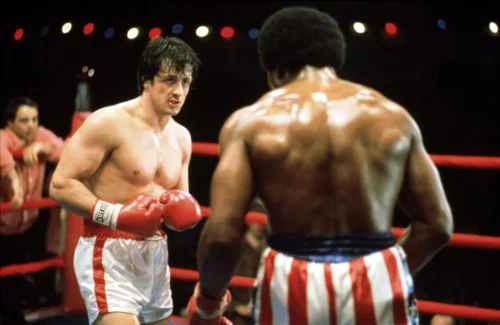
When Sylvester Stallone’s Rocky hit theaters, it reminded audiences that underdog stories could still pack a punch. Stallone was an unknown actor at the time, and his script had been rejected multiple times. He insisted on playing the lead himself, which was a gamble that paid off when the film became a huge success. Viewers connected with Rocky Balboa’s grit, perseverance, and heart, making him a symbol of determination.
Rocky also shifted how Hollywood viewed sports films. It wasn’t just about boxing, it was about the human spirit and resilience. The training montage and iconic run up the Philadelphia steps became cultural touchstones. The movie went on to win the Oscar for Best Picture, proving that heartfelt stories with smaller budgets could triumph in a big way.
6. One Flew Over the Cuckoo’s Nest (1975)
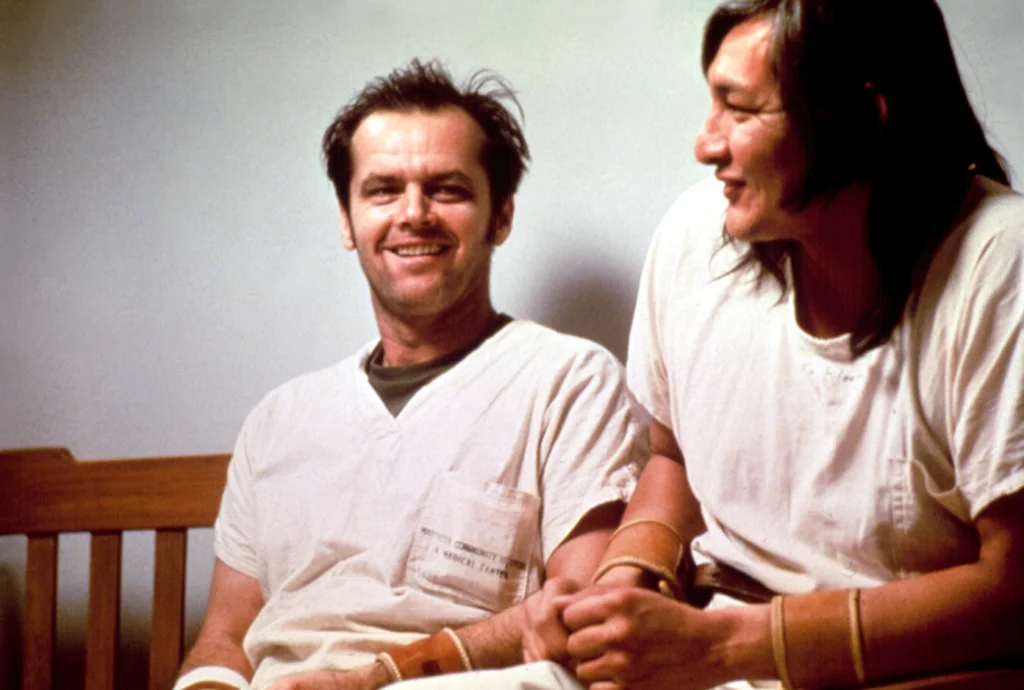
Miloš Forman’s One Flew Over the Cuckoo’s Nest was a raw, emotional look at authority, individuality, and the human spirit. Jack Nicholson’s portrayal of Randle McMurphy brought both humor and heartbreak, while Louise Fletcher’s Nurse Ratched became one of the most memorable villains in cinema. The film tackled mental health, power, and conformity in ways that were rarely seen on screen at the time.
The movie swept the Oscars, winning the “Big Five” categories, which showed the power of strong storytelling. It reminded Hollywood that films could both critique institutions and connect with audiences on a deeply personal level. Its success encouraged more character-driven dramas to be made. The legacy of McMurphy’s defiance continues to resonate with viewers decades later.
7. Taxi Driver (1976)
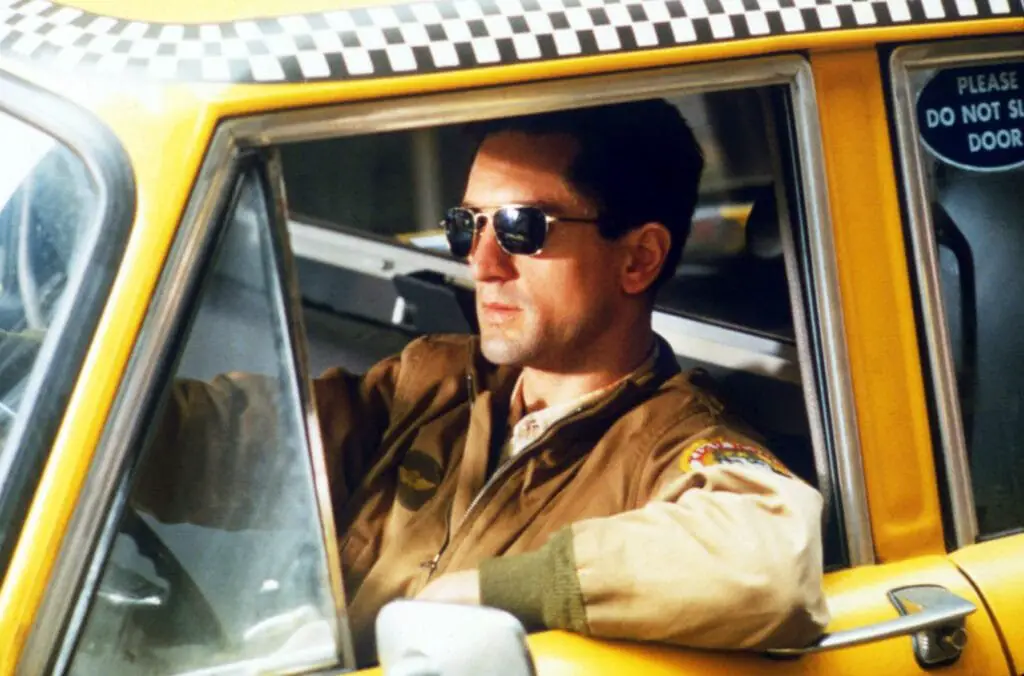
Martin Scorsese’s Taxi Driver captured the loneliness and disillusionment of post-Vietnam America. Robert De Niro’s performance as Travis Bickle was haunting, and the line “You talkin’ to me?” became one of cinema’s most quoted moments. The film showed how psychological depth and gritty realism could collide in a way that left audiences shaken. It wasn’t just entertainment, it was a reflection of a society struggling with violence, alienation, and moral decay.
The movie pushed boundaries in how much darkness Hollywood was willing to explore. Its shocking climax led to debates about violence in film and its potential influence on real life. Taxi Driver influenced an entire generation of filmmakers, inspiring them to tell more personal, unflinching stories. It proved that film could be both art and social commentary at the same time.
8. Annie Hall (1977)
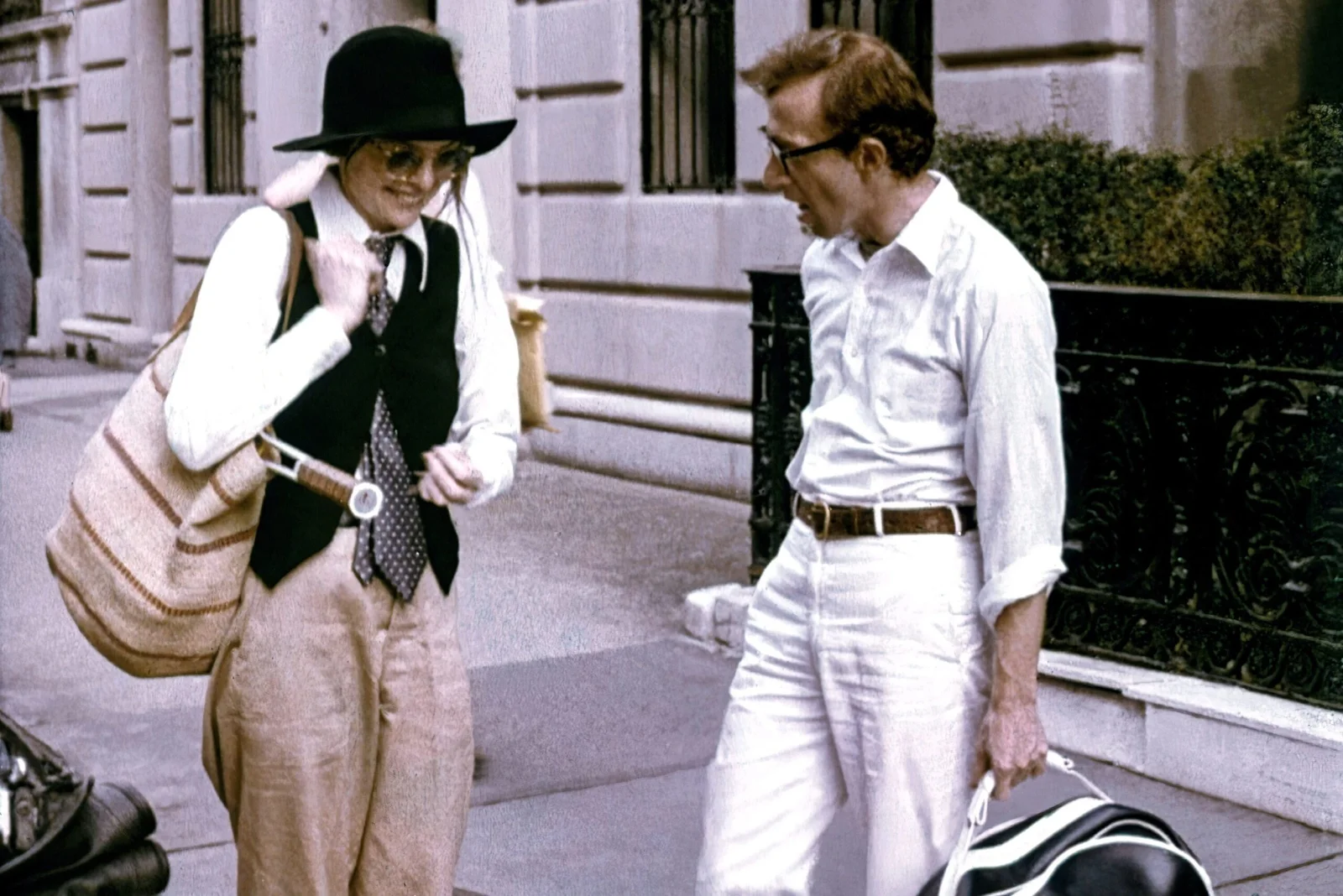
Woody Allen’s Annie Hall redefined the romantic comedy by making it deeply personal and unconventional. Instead of relying on slapstick or formula, it explored relationships in a smart, introspective, and often bittersweet way. The film broke the fourth wall, played with narrative structure, and mixed fantasy with reality. Diane Keaton’s quirky style even sparked real-life fashion trends.
The movie’s success showed Hollywood that audiences were ready for love stories that felt authentic and modern. It won four Academy Awards, including Best Picture, proving that comedies could be taken seriously. Its influence on later romantic comedies, from When Harry Met Sally to modern indie films, is undeniable. Annie Hall reminded Hollywood that love stories could be both funny and heartbreaking.
9. Apocalypse Now (1979)
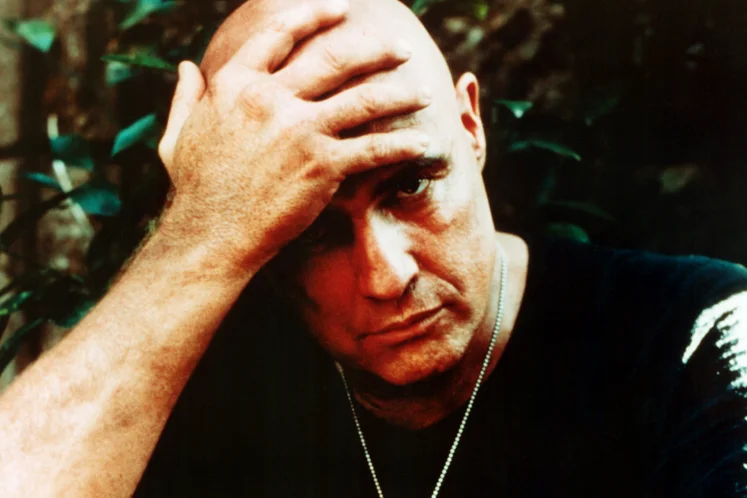
Francis Ford Coppola’s Apocalypse Now turned the Vietnam War into a surreal cinematic nightmare. Loosely based on Joseph Conrad’s Heart of Darkness, it blended reality and hallucination in a way that had never been done before. The production was famously troubled, with delays, storms, and even health scares, but the result was unforgettable. Scenes like the helicopter attack set to “Ride of the Valkyries” became legendary.
The film showed that war movies could be more than patriotic or action-driven, they could be psychological and poetic. It challenged viewers to confront the chaos and moral ambiguity of war. Hollywood realized that audiences were ready for films that blurred the line between spectacle and art. Apocalypse Now remains one of the most daring war films ever made.
10. Chinatown (1974)
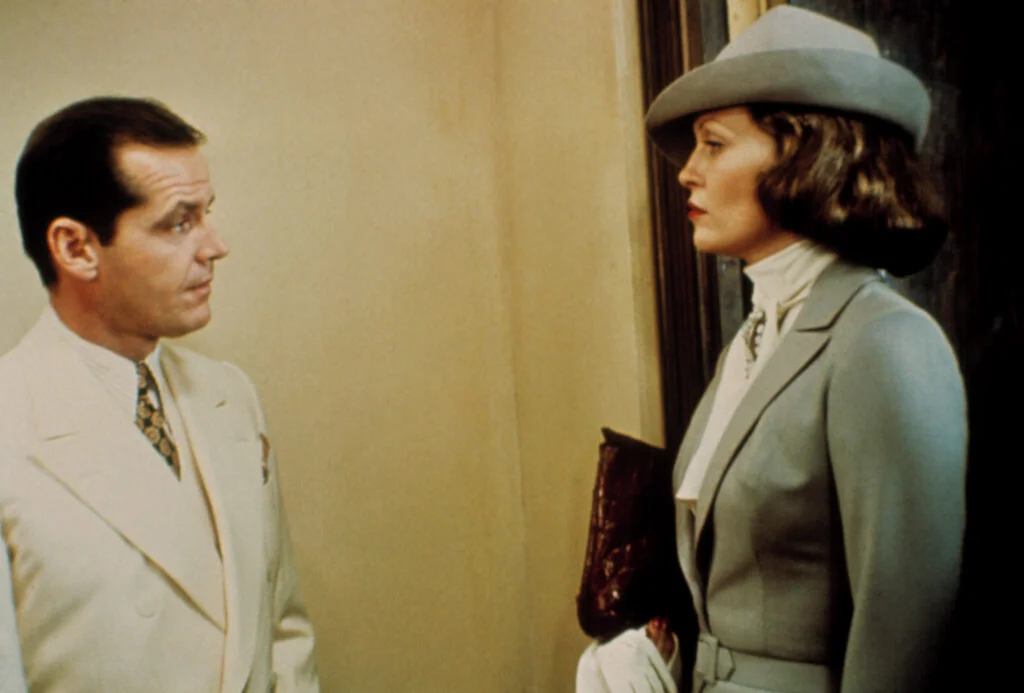
Roman Polanski’s Chinatown reinvented the film noir for a modern audience. Jack Nicholson’s private detective and Faye Dunaway’s mysterious femme fatale created a story filled with twists, corruption, and betrayal. Instead of the typical noir ending where justice prevails, Chinatown ended in tragedy, leaving audiences stunned. The bleak conclusion “Forget it, Jake, it’s Chinatown” became one of cinema’s most haunting lines.
This film proved that audiences could handle complexity and ambiguity in storytelling. It gave Hollywood confidence to take risks with unhappy endings and morally gray characters. The movie also influenced countless thrillers and detective stories that followed. Chinatown showed that stylish, intelligent filmmaking could still pull in big crowds.
11. Saturday Night Fever (1977)

John Travolta’s breakout role in Saturday Night Fever did more than spotlight disco culture, it gave working-class youth a story that felt relatable. The dance floor sequences were dazzling, but at its core the movie was about ambition, struggle, and searching for meaning. Travolta’s character, Tony Manero, wasn’t a perfect hero, but he was real, and audiences connected with his flaws.
The film also proved that music could drive a movie’s success in ways Hollywood hadn’t fully tapped into. The Bee Gees’ soundtrack became one of the best-selling albums ever, and suddenly movies and music were deeply intertwined. Hollywood began to see soundtracks as marketing gold. Saturday Night Fever changed how music and film could work hand in hand.
12. Alien (1979)
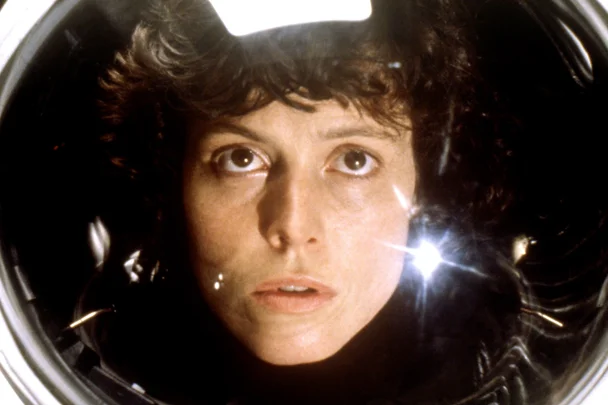
Ridley Scott’s Alien flipped the sci-fi genre on its head by mixing it with horror. Sigourney Weaver’s Ellen Ripley became one of cinema’s first true female action heroes, breaking stereotypes about who could lead a blockbuster. The movie’s atmosphere of suspense and claustrophobia kept audiences on edge, and the alien “chestburster” scene shocked the world.
The film also raised the bar for practical effects and creature design. It proved that sci-fi could be scary, stylish, and intelligent at the same time. Hollywood learned that audiences were ready for genre hybrids that didn’t fit neatly into one box. Alien paved the way for countless franchises and redefined what a “sci-fi movie” could be.
13. Network (1976)
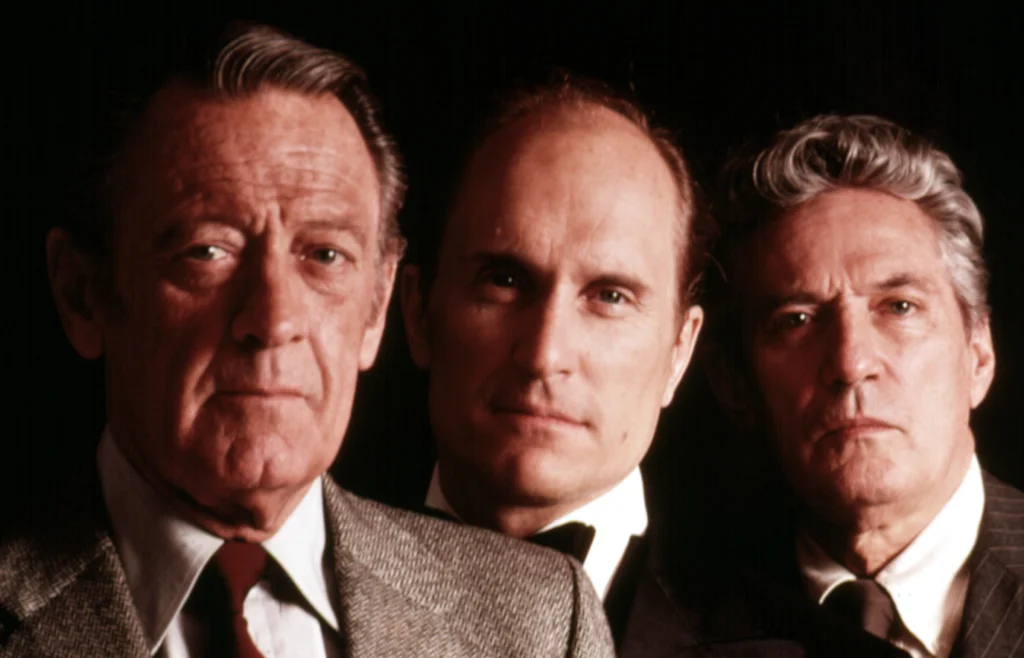
Sidney Lumet’s Network took aim at the media industry in a way that felt uncomfortably prophetic. With its story of a news anchor who has a breakdown on air and is exploited for ratings, it skewered television’s obsession with spectacle over substance. Peter Finch’s famous cry of “I’m mad as hell, and I’m not going to take this anymore!” struck a chord with audiences everywhere.
The movie was both satire and warning, and Hollywood realized that sharp social commentary could be powerful entertainment. It was nominated for ten Academy Awards and won four, cementing its place in history. Its critique of media greed feels even more relevant today. Network showed that movies could challenge industries, not just reflect them.


